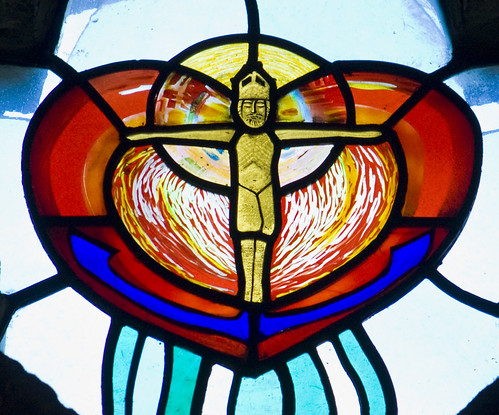"The LORD’s way is not fair!" (Ezeziel 18:25). It would seem so, if one thinks that the moral life is some kind of tally of individual deeds, that it is about the legalistic keeping of laws and commandments, or even, of Lenten penances. Then, it would seem unfair that a man who has racked up a hundred points worth of good deeds should lose them all because he slipped up and committed just one bad deed.
 But Ezekiel is speaking of something much more fundamental about morality that reaches to the heart of who the person is. For the virtuous man doesn't need to strive to be virtuous. He acts patiently, kindly, courageously (and so on) because he is patient, kind, and brave; this is who he is. Virtue, then, for the virtuous, is the most natural thing. So, when Ezekiel considers the righteous man who "turns away from virtue to commit iniquity" (Ezekiel 18:26) he means effectively a radical change in who that person is.
But Ezekiel is speaking of something much more fundamental about morality that reaches to the heart of who the person is. For the virtuous man doesn't need to strive to be virtuous. He acts patiently, kindly, courageously (and so on) because he is patient, kind, and brave; this is who he is. Virtue, then, for the virtuous, is the most natural thing. So, when Ezekiel considers the righteous man who "turns away from virtue to commit iniquity" (Ezekiel 18:26) he means effectively a radical change in who that person is.It is this deep-seated understanding of goodness and virtue that underlies Jesus's challenge to us to go beyond an external righteousness that is based on the law, or the appearence of goodness. Our penances, and the external deeds we perform are exercises which are part of accquiring virtue but should not be mistaken for virtue itself. So, any kind of superficial moral calculus is dangerous, and leads to death because it is self-deceptive and not truly
good, and hence, not actually life-giving. For Christian morality is not about a Kantian duty to an external moral imperative, nor about gritted-teeth 'good' deeds and penances. Rather, it is about being transformed by grace and developing a life of virtue, because we know and love the good for its own sake. Indeed, we desire to be good because we desire to know and love Christ, who alone is good. Hence Christ wants us to behave in accordance with our heart, and we must let him give us a "new heart and put a new spirit in [us]" (Ezekiel 36:36). The Christian moral life is thus living in the Spirit, loving Christ who is our life. This entails loving our brothers and sisters in Christ for his sake. Anything less reveals our inmost heart, which is still stony, dead, and false; we need a living heart transplant from the Divine Physician. This Lent, let us place ourselves on the operating table, and entrust ourselves to his healing grace.
No comments:
Post a Comment